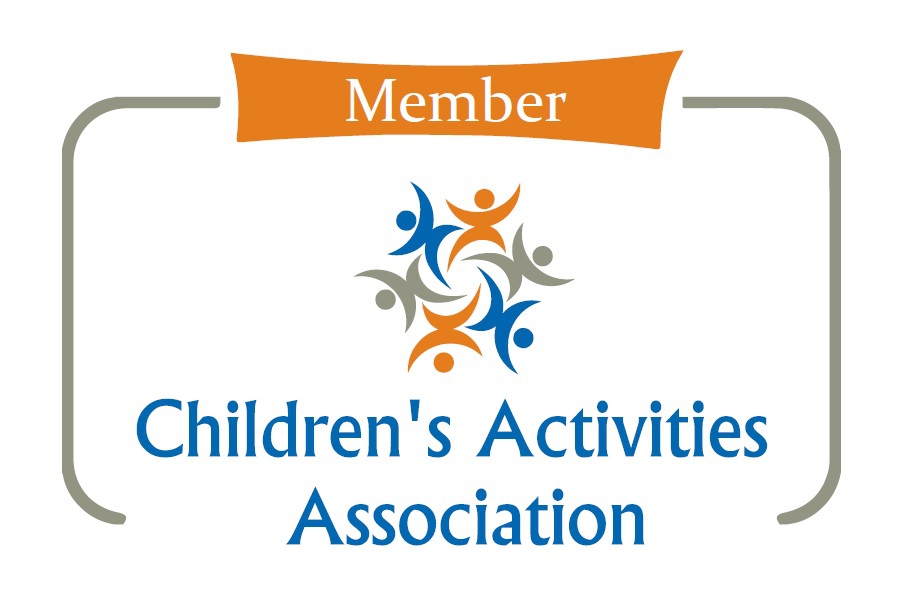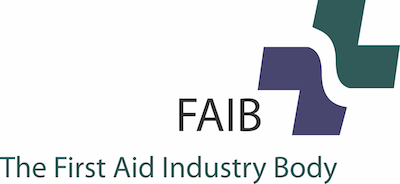This week we’re supporting Meningitis Awareness Week (19th – 25th September) which is run by Meningitis Research Foundation (MRF).
Rob Dawson, Head of Advocacy & Communications tells us more about the week and the work of MRF.
We are delighted that Mini First Aid will be doing their bit during Meningitis Awareness Week (19th – 25th September) to raise awareness of meningitis and septicaemia and it is great to be working with them. Whilst we know meningitis is the disease parents fear most, many are still unaware of the signs and symptoms. We will be teaching parents, grandparents and carers of babies and young children about the information they need to detect and act quickly if meningitis strikes.
Meningitis Awareness Week offers a fantastic opportunity to help get our vital messages across. The week coincides with Stephanie Costello launching Mini First Aid Newcastle. We know she will be working hard to raise awareness about the signs and symptoms of meningitis during her launch class and other subsequent classes across Newcastle.
We have seen how these diseases devastate families and the impact after-effects can have. We offer free support to those affected by meningitis and septicaemia and our helpline – 080 8800 3344 – provides information to the general public and those affected by the disease.
Meningitis and septicaemia are deadly diseases that can strike quickly and without warning. If you’re a parent, it is vital to know the signs because babies, toddlers and young adults are most at risk. As 50% of parents do not get their child’s meningitis diagnosed at the first GP visit, it is vital to go back if symptoms worsen. This is why we want to ensure that people are aware of the symptoms, remain vigilant, and act fast.
Meningitis and septicaemia are caused by many types of germs, but a type of germ called meningococcal bacteria cause the most common serious kind. Meningitis means swelling of the lining around the brain and spinal cord. Septicaemia is blood poisoning caused by the same germs. Meningitis and septicaemia can occur together or separately.
So what are the signs to watch out for?

Symptoms can develop rapidly in just a few hours. The first symptoms are usually fever, vomiting, headache and feeling unwell. Limb pain, pale skin, and cold hands and feet often appear earlier than the well-known rash (which doesn’t fade when a glass is rolled over it), neck stiffness, dislike of bright lights and confusion.
Although a rash is often the most well-known symptom, it is often a sign that the disease is advancing rapidly and it is therefore crucial not to wait to for it to appear before seeking medical attention.
So do your part during Meningitis Awareness Week – LEARN THE SYMPTOMS
www.meningitis.org/symptoms
 Symptoms can develop rapidly in just a few hours. The first symptoms are usually fever, vomiting, headache and feeling unwell. Limb pain, pale skin, and cold hands and feet often appear earlier than the well-known rash (which doesn’t fade when a glass is rolled over it), neck stiffness, dislike of bright lights and confusion.
Although a rash is often the most well-known symptom, it is often a sign that the disease is advancing rapidly and it is therefore crucial not to wait to for it to appear before seeking medical attention.
So do your part during Meningitis Awareness Week – LEARN THE SYMPTOMS
www.meningitis.org/symptoms
Symptoms can develop rapidly in just a few hours. The first symptoms are usually fever, vomiting, headache and feeling unwell. Limb pain, pale skin, and cold hands and feet often appear earlier than the well-known rash (which doesn’t fade when a glass is rolled over it), neck stiffness, dislike of bright lights and confusion.
Although a rash is often the most well-known symptom, it is often a sign that the disease is advancing rapidly and it is therefore crucial not to wait to for it to appear before seeking medical attention.
So do your part during Meningitis Awareness Week – LEARN THE SYMPTOMS
www.meningitis.org/symptoms

 Symptoms can develop rapidly in just a few hours. The first symptoms are usually fever, vomiting, headache and feeling unwell. Limb pain, pale skin, and cold hands and feet often appear earlier than the well-known rash (which doesn’t fade when a glass is rolled over it), neck stiffness, dislike of bright lights and confusion.
Although a rash is often the most well-known symptom, it is often a sign that the disease is advancing rapidly and it is therefore crucial not to wait to for it to appear before seeking medical attention.
So do your part during Meningitis Awareness Week – LEARN THE SYMPTOMS
www.meningitis.org/symptoms
Symptoms can develop rapidly in just a few hours. The first symptoms are usually fever, vomiting, headache and feeling unwell. Limb pain, pale skin, and cold hands and feet often appear earlier than the well-known rash (which doesn’t fade when a glass is rolled over it), neck stiffness, dislike of bright lights and confusion.
Although a rash is often the most well-known symptom, it is often a sign that the disease is advancing rapidly and it is therefore crucial not to wait to for it to appear before seeking medical attention.
So do your part during Meningitis Awareness Week – LEARN THE SYMPTOMS
www.meningitis.org/symptoms






